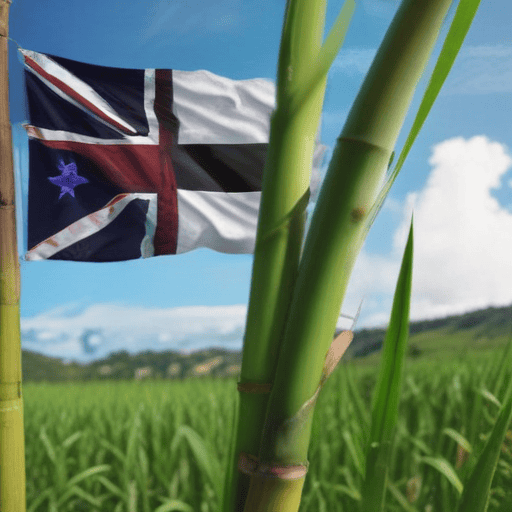A recent study conducted by the Food and Agriculture Organization (FAO) has brought to light the pressing challenges faced by Fiji’s sugar industry, particularly highlighting an aging demographic among sugarcane farmers. The research sampled 900 farmers from three primary mill regions—Labasa, Lautoka, and Rarawai—revealing that the average age of these farmers is steadily increasing, while they are managing smaller plots of land. This situation has resulted in low incomes and limited agricultural diversification.
Significantly, the study finds that there is a noticeable disinterest among younger individuals in continuing the family sugarcane farming business. With an alarming trend of labor shortages and a decline in production of over 50% since 1999, the industry is facing serious sustainability concerns. The issues surrounding generational change are not unique to Fiji; similar downturns are observed globally in the agricultural sector, where the transfer of knowledge across generations is crucial for adapting to social and environmental challenges.
The FAO’s comprehensive research used a stratified random sampling method that reflects a broader understanding of the sustainability challenges within agriculture. The report indicates that these challenges have led to a concerning outlook for Fiji’s sugar industry, which has historically played a vital role in the nation’s economy.
Despite the daunting circumstances, there is room for hope. Strategic recommendations suggest that if Fiji’s government explores innovative practices, such as developing alternative revenue streams through ethanol production and biomass cogeneration, the sugar sector could experience revitalization. These measures could support environmental sustainability goals while enhancing the industry’s resilience.
To summarize, while the FAO study highlights critical issues within Fiji’s sugar industry related to an aging workforce and declining production, it also underscores the potential for growth and innovation through strategic community engagement and government support. With continued commitment to reform and collaboration among stakeholders, the future of Fiji’s sugar industry may indeed be brighter, ensuring that this vital part of the nation’s heritage remains robust for generations to come.

Leave a comment